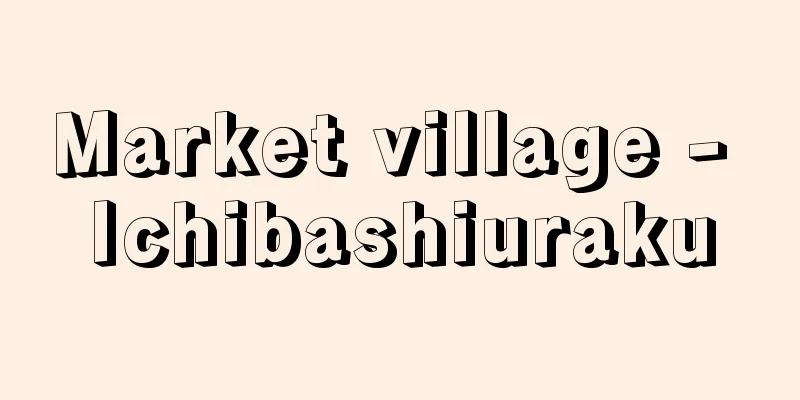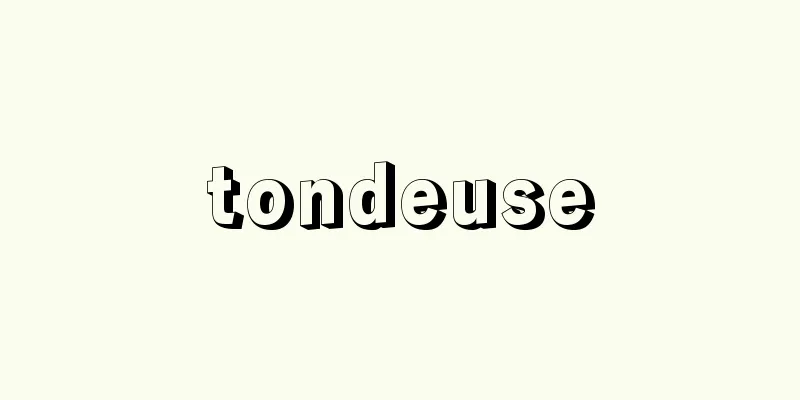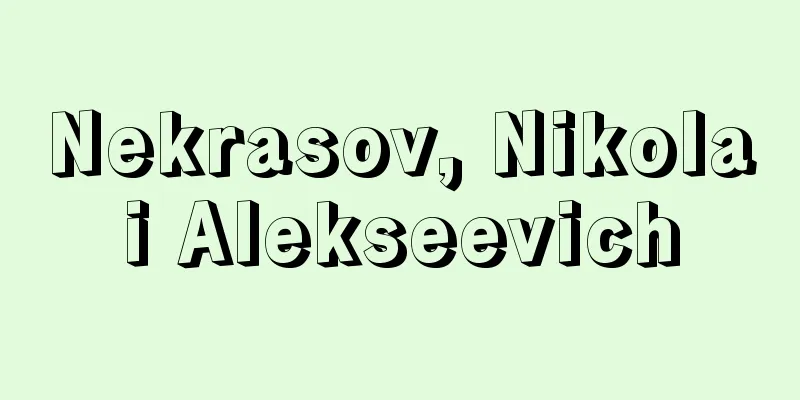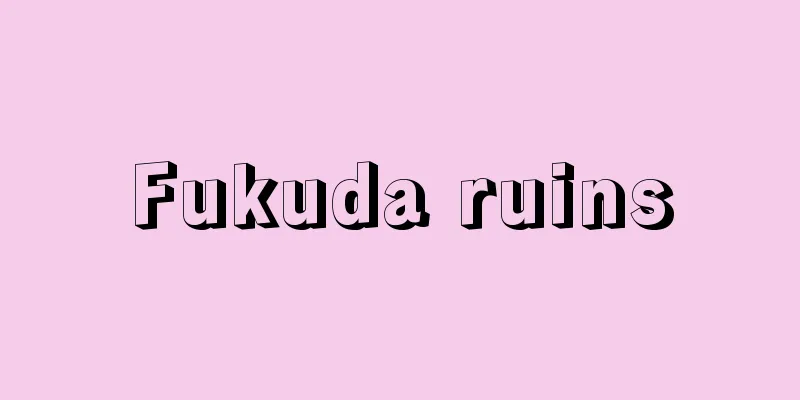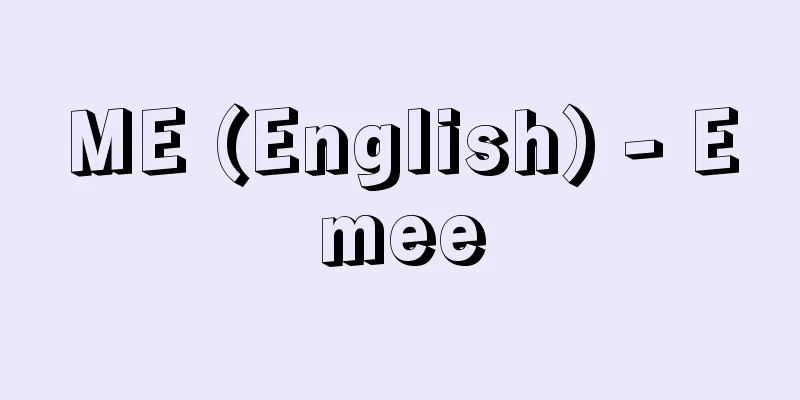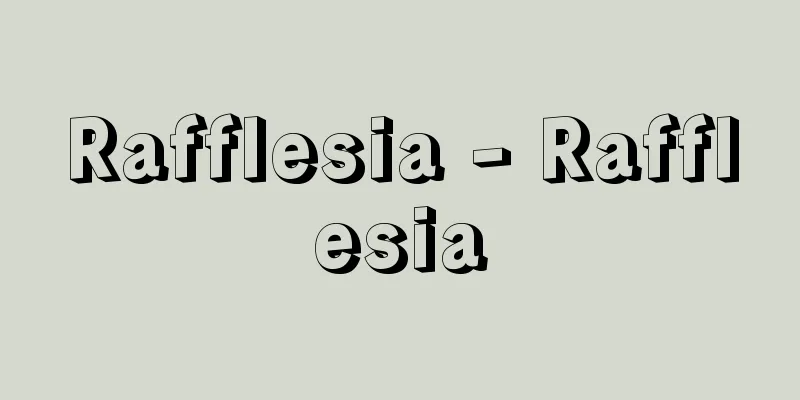Swastika pattern - Manjimon
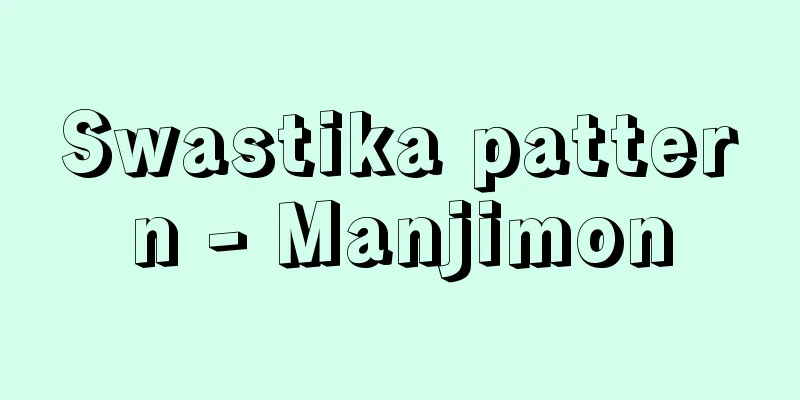
|
A cross pattern with each end bent at a right angle. It is also written as Manjimon. There are many variations and it has been widely used for decoration around the world since ancient times. For the various meanings of the shape and the development of the pattern, please refer to the entry for Manji. Source: Heibonsha World Encyclopedia, 2nd Edition Information |
|
十字形の各先端が直角に曲がった文様。万字文とも書く。変化形が多く,古来世界各地で広く装飾などに用いられた。その形象のさまざまな意味づけや,文様の展開については,〈卍(まんじ)〉の項を参照されたい。
出典 株式会社平凡社世界大百科事典 第2版について 情報 |
Recommend
Takanabe [town] - Takanabe
A town in Koyu County in central Miyazaki Prefectu...
Bandits - Sanzoku
Bandits who lived in groups in mountainous areas a...
Otafuku mochi - Otafuku mochi
...Daifuku mochi is a flattened version of this. ...
Indigo type - Aigata
A stencil dyeing technique in which patterns are d...
Foot soldiers - Ashigaru-shu
〘 noun 〙 Ashigaru (foot soldiers). Refers to foot ...
Kanto
A general term for rice that was collected as a r...
Isakovic, A.
...Many war stories about partisan warfare were a...
Tradescantia navicularis (English spelling)
… [Takabayashi Masatoshi]. … *Some of the termino...
Grey seal - Grey seal
A mammal of the family Phocidae (pinnipeds) (illus...
Kyogen costume - Kyogen costume
...The waki usually wear light blue, but in Noh p...
The Gospels of Otto III
…Other schools of painting with their own charact...
Shinano cloth - Shinano cloth
〘Noun〙 A cloth made by bleaching the bark of linde...
Kalachakra Tantra
...The name began to appear in Tibetan Buddhist d...
Hail damage
〘noun〙 Damage to crops and other things caused by ...
Bag of money - Gassaibukuro
A small bag for women. It was popular during the M...


